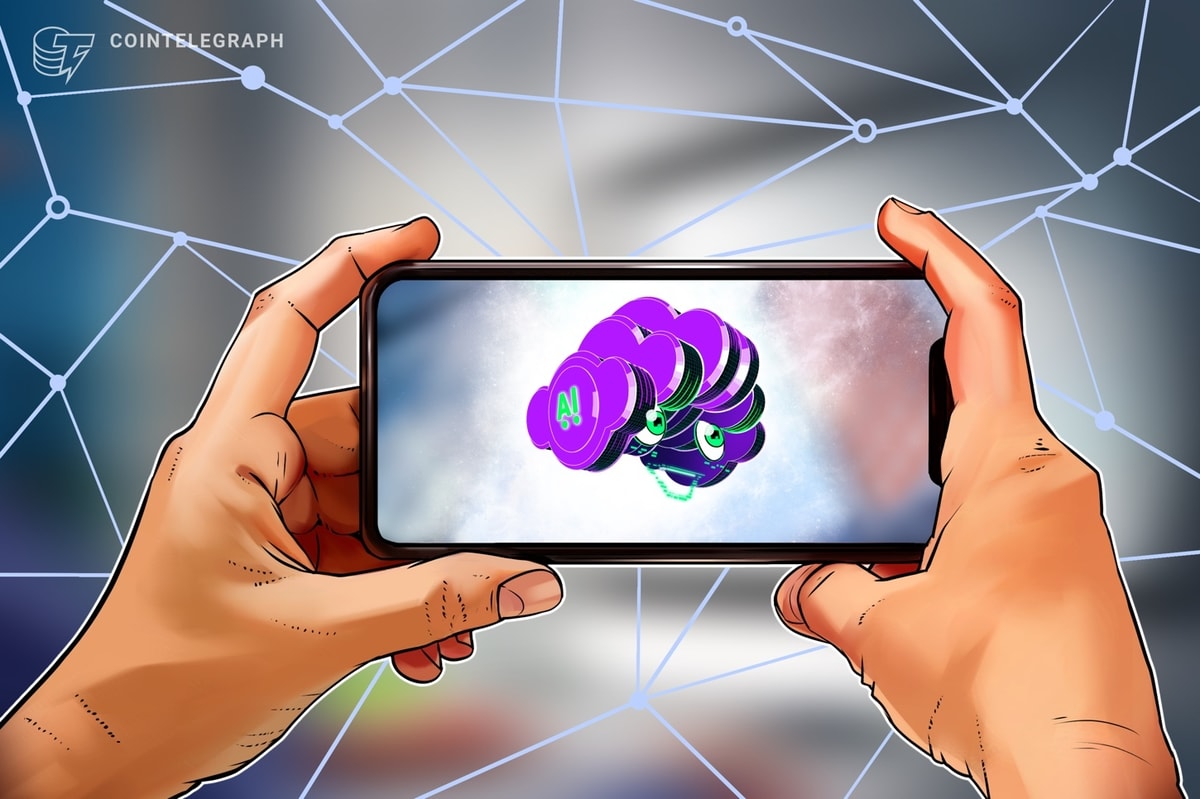The first metaverse residential skyscraper is officially under construction as virtual real estate continues to grow in popularity.
The skyscraper, named Skylum, is being developed by Crypto House Capital, a virtual real estate firm with the goal of building a community within the metaverse.
Crypto House Capital, Chief Executive Officer, Tomas Nascisonis said the goal of the project is to create a community where people can come together and interact while allowing brands to find a presence.
Mr Nascisonis said physical buildings with virtual counterparts, or “digital twins,” a concept he defines as a “metareal city,” will have the advantage of appealing to existing communities.
“A liveable space provides immediate use for people with shared interests and goals,” Mr Nascisonis said.
“Given this, communities will grow more vibrant as they move into the digital counterpart.
Phase 1 of the virtual skyscraper has apartments priced between four ethereum ($7504) and 11 ethereum ($20,638), at the time of publication.
According to Mr Nascisonis, a liveable space provides immediate use for people with shared interests and goals and communities will grow more vibrant as they move into the digital counterpart.
“With next-gen technology, users will be able to conduct real-life activities with customisable avatars,” he said.
“To scratch the surface, people will have fun by exploring the possibilities of concerts, lectures, fashion shows, nightclubs, and art galleries within a metareal city.
“A new way of expression will emerge when we combine the online and offline sides of our lives, and people will want to explore this possibility of living and experiencing both worlds and taking the best from them.”
The rise of metaverse technologies has brought about a wave of interest in virtual real estate.
Many platforms now offer programmable spaces, which brands have leveraged to enrich the customer experience, and plans as expansive as virtually immersive cities, or “metacities,” are currently underway in sectors ranging from tourism to environmental preservation.
While gaining headway, the metaverse still remains a new concept, leaving many potential investors wondering about the diversity of virtual spaces and their specific advantages.
Aside from attracting existing communities, a city in the metaverse will also provide users with new means of creative expression with tools such as virtual reality.
Mr Nascisonis said users can share creative projects of all shapes and sizes, overcoming real-world limitations such as location and the expense of creating physical objects.
While the ability to instantaneously connect, create and exchange content in close digital proximity will strengthen creative collaboration.
“In our opinion, the most interesting area to work on is enabling people to express themselves,” Mr Nascisonis said.
“That’s why we think the community we’ll gather around the metareal city will be expected as people shift from web2 to web3, from centralised to decentralised economy and ownership.”
Read More: news.google.com









 Bitcoin
Bitcoin  Ethereum
Ethereum  Tether
Tether  XRP
XRP  USDC
USDC  Solana
Solana  Dogecoin
Dogecoin  Cardano
Cardano  TRON
TRON  Lido Staked Ether
Lido Staked Ether  Wrapped Bitcoin
Wrapped Bitcoin  LEO Token
LEO Token  Chainlink
Chainlink  Avalanche
Avalanche  USDS
USDS  Hedera
Hedera  Toncoin
Toncoin  Stellar
Stellar  Sui
Sui  Shiba Inu
Shiba Inu  Wrapped stETH
Wrapped stETH  MANTRA
MANTRA  Bitcoin Cash
Bitcoin Cash  Litecoin
Litecoin  Polkadot
Polkadot  Binance Bridged USDT (BNB Smart Chain)
Binance Bridged USDT (BNB Smart Chain)  Bitget Token
Bitget Token  Ethena USDe
Ethena USDe  Hyperliquid
Hyperliquid  WETH
WETH  Pi Network
Pi Network  WhiteBIT Coin
WhiteBIT Coin  Monero
Monero  Wrapped eETH
Wrapped eETH  OKB
OKB  Dai
Dai  Uniswap
Uniswap  sUSDS
sUSDS  Aptos
Aptos  Pepe
Pepe  Coinbase Wrapped BTC
Coinbase Wrapped BTC  Gate
Gate  Ondo
Ondo  Tokenize Xchange
Tokenize Xchange  NEAR Protocol
NEAR Protocol  Internet Computer
Internet Computer  Cronos
Cronos  Mantle
Mantle  BlackRock USD Institutional Digital Liquidity Fund
BlackRock USD Institutional Digital Liquidity Fund